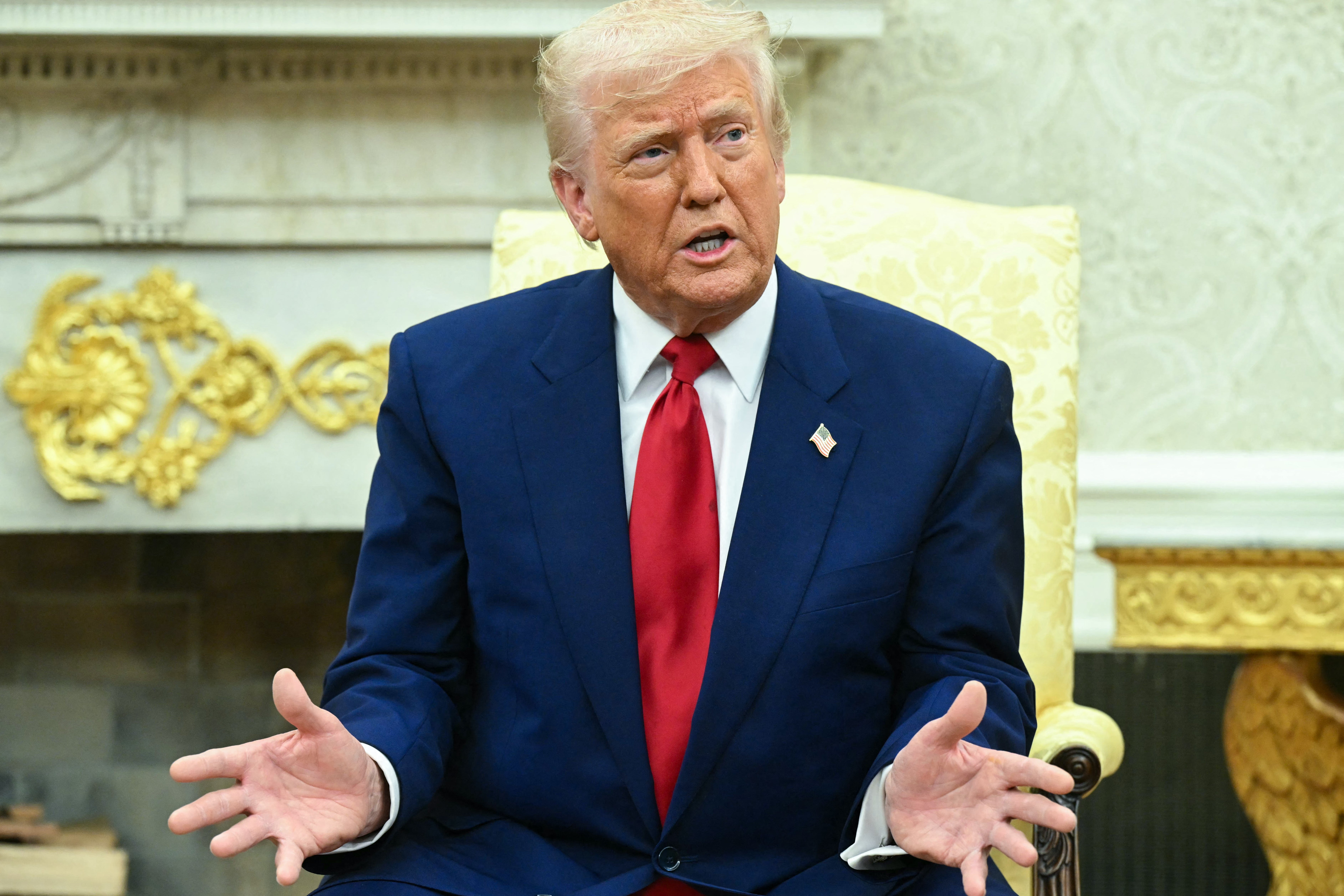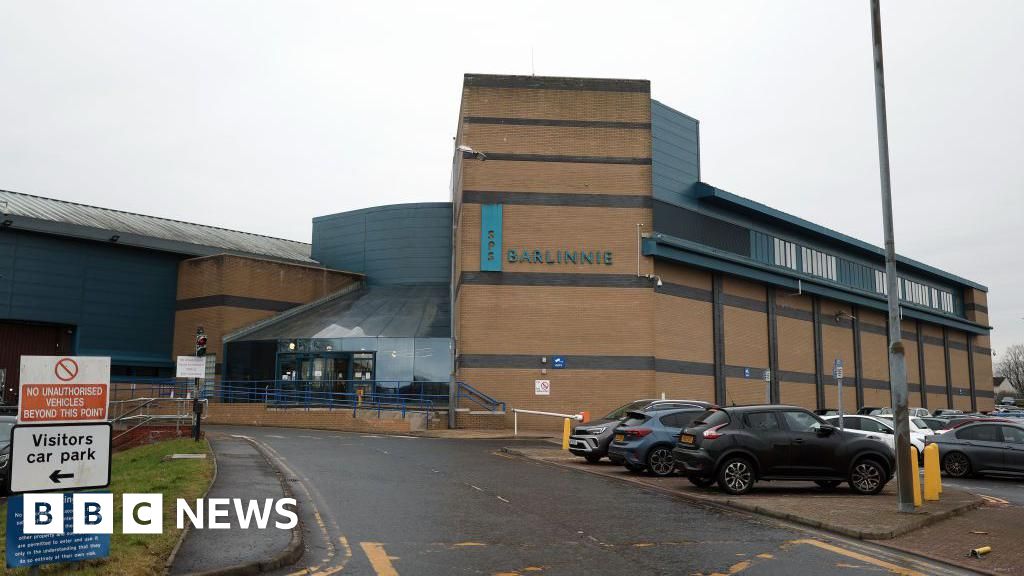Goldman Sachs has again increased the possibility of a recession beginning in the next 12 months, with the investment bank warning on Sunday that its recession odds would hike even further if all of Donald Trump’s planned tariffs take effect this week.
“If so, we expect to change our forecast to a recession,” the Wall Street giant wrote in a research note. It also forecast a 45 percent chance of a recession even if a “large reduction” in Trump’s “Liberation Day” tariff rates takes place.
The forecast is the second major update from Goldman in the span of a week, after it predicted a 35 percent chance of a recession on March 29.
With Trump’s reciprocal tariffs set to take effect on April 9, financial markets have been fluctuating chaotically in anticipation, as other major Wall Street institutions have issued similarly grim economic warnings.
“There are many uncertainties surrounding the new tariff policy: the potential retaliatory actions, including on services, by other countries, the effect on confidence, the impact on investments and capital flows, the effect on corporate profits and the possible effect on the U.S. dollar,” JPMorgan CEO Jamie Dimon said in a letter to investors on Monday.
“The recent tariffs will likely increase inflation and are causing many to consider a greater probability of a recession,” he added.

His bank has the odds of a recession at 60 percent, with a recent research note warning, “There will be blood.”
Moody’s, meanwhile, has raised its forecast to 45 percent.
"It remains to be seen how trade policy evolves from here, but to the extent the recent baseline and reciprocal tariffs stick, it looks increasingly unlikely that the U.S. economy will be able to skirt recession, especially if we see large retaliation from our trading partners," Wells Fargo economists recently wrote.
Despite concern from the markets and the finance world, the Trump administration appears undeterred.
The White House has warned Congress against passing a proposed bill that would secure more legislative influence over tariff policy, and Trump has proposed further tariffs against China, in response to Beijing announcing retaliatory levies against the latest wave of American tariffs.
If Trump’s proposed additional 50 percent tariff on Chinese imports went into effect, American companies would effectively be paying a 104 percent import tax on Chinese goods arriving in the U.S.

 6 hours ago
2
6 hours ago
2









